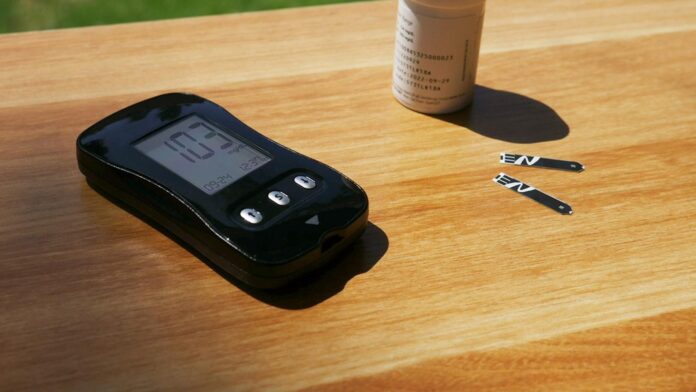
Hypoglycemia, also known as low blood sugar, is a condition that occurs when there is not enough glucose in the blood to fuel the body’s activities. This can lead to a variety of symptoms, ranging from mild to severe, and can be dangerous if left untreated. In this article, we will explore the signs, symptoms, and treatment of hypoglycemia to help you better understand this condition.
Signs and Symptoms of Hypoglycemia
Hypoglycemia can occur for a variety of reasons, including not eating enough carbohydrates, taking certain medications, or having a medical condition such as diabetes. Some of the most common signs and symptoms of hypoglycemia include:
– Shakiness
– Sweating
– Rapid heartbeat
– Dizziness
– Fatigue
– Confusion or difficulty concentrating
– Irritability or mood swings
– Hunger
– Headache
– Nausea
Severe cases of hypoglycemia can lead to more serious symptoms, such as seizures, loss of consciousness, or even death. It is important to recognize the signs of hypoglycemia and seek treatment right away to prevent complications.
Treatment for Hypoglycemia
If you suspect that you or someone else is experiencing hypoglycemia, it is important to act quickly to raise blood sugar levels. Some common treatments for hypoglycemia include:
– Eating or drinking something sweet, such as fruit juice, soda, candy, or glucose tablets
– Consuming complex carbohydrates, such as bread, pasta, or rice, to provide longer-lasting energy
– Checking blood sugar levels regularly and adjusting medication as needed
– Seeking medical attention if symptoms do not improve or if they worsen
In severe cases of hypoglycemia, a person may need to receive glucagon, a hormone that helps raise blood sugar levels quickly. It is important to always carry a source of fast-acting sugar with you, such as glucose tablets or gel, in case of emergency.
Understanding the Causes of Hypoglycemia
There are a variety of factors that can contribute to the development of hypoglycemia. Some common causes of low blood sugar include:
– Diabetes: People with diabetes are at an increased risk of hypoglycemia due to the medications they take to manage their condition, such as insulin or sulfonylureas.
– Skipping meals: Not eating enough or skipping meals can lead to low blood sugar levels, particularly if you have not consumed enough carbohydrates.
– Exercising too much: Intense physical activity can cause blood sugar levels to drop, especially if you do not eat enough to compensate for the energy you are expending.
– Alcohol consumption: Drinking alcohol can interfere with the body’s ability to regulate blood sugar levels, leading to hypoglycemia.
– Certain medications: Some medications, such as beta-blockers or antibiotics, can cause blood sugar levels to drop unexpectedly.
It is important to be aware of the factors that can contribute to hypoglycemia and take steps to prevent it from occurring. This may include monitoring your blood sugar levels regularly, eating balanced meals, and adjusting your medication as needed.
Preventing Hypoglycemia
There are several steps you can take to help prevent hypoglycemia and keep your blood sugar levels stable. Some tips for preventing low blood sugar include:
– Eating regular meals and snacks throughout the day
– Monitoring your blood sugar levels regularly, especially before and after exercise
– Adjusting your medication as needed, under the guidance of your healthcare provider
– Carrying a source of fast-acting sugar with you at all times, such as glucose tablets or gel
– Being mindful of alcohol consumption and its effects on blood sugar levels
By taking these steps, you can help reduce your risk of experiencing hypoglycemia and manage your condition effectively.
Conclusion
Hypoglycemia is a common condition that can have serious consequences if left untreated. By understanding the signs, symptoms, and treatment options for hypoglycemia, you can take steps to manage your blood sugar levels effectively and prevent complications. If you suspect that you or someone else is experiencing hypoglycemia, it is important to act quickly and seek medical attention as needed. With the right information and support, you can effectively manage hypoglycemia and lead a healthy, active lifestyle.












